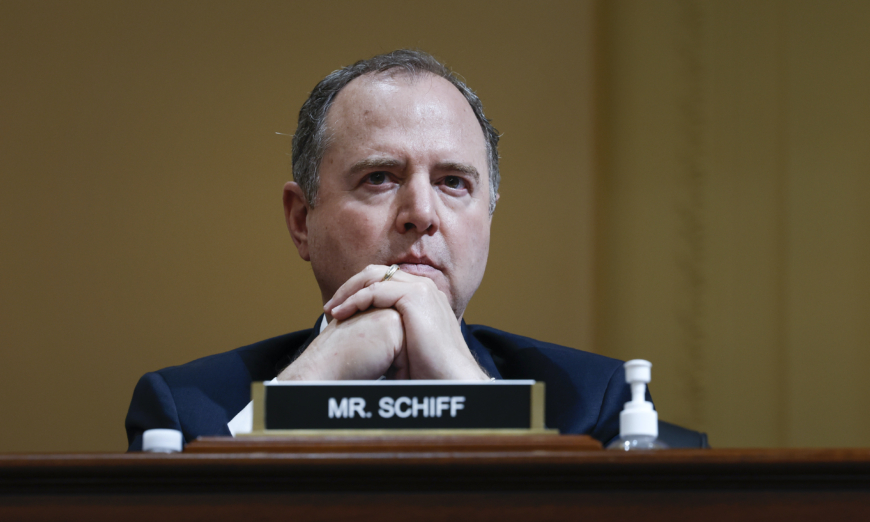Alaska House candidate wrongly removed from special election ballot, court rules.
Alaska Supreme Court Rules Independent Candidate Improperly Removed from Ballot
The Alaska Supreme Court made a ruling on Friday that has significant implications for the state’s election system. The court found that the Alaska Division of Elections improperly removed Independent candidate Al Gross from the ballot during last year’s special U.S. House election.
What Happened?
Gross, who finished third among 48 candidates in the race’s June primary, dropped out ahead of the special and general elections. The Alaska Division of Elections removed Gross from the ballot, meaning only three candidates appeared on the ballot for the contest. According to the Alaska Supreme Court, “Had the Division strictly followed the law, Dr. Gross’s name should have remained on the special general election ballot.”
What is Ranked-Choice Voting?
During the 2020 election, Alaska voters narrowly adopted Ballot Measure 2, which replaced the state’s traditional election system with a top-four, ranked-choice voting (RCV) one. Under RCV, voters rank candidates in order of preference. If no candidate receives a majority of first-choice votes in the first round of voting, the last-place finisher is eliminated, and his votes are reallocated to the voter’s second-choice candidate. This process continues until one candidate receives a majority of votes.
In Alaska, all candidates run in a nonpartisan, open primary, wherein the top-four vote-getters advance to the general. RCV is used in both the primary and general elections.
What Does This Mean for Alaska’s Election System?
The incident with Gross demonstrates the confusing impact RCV has on election administration. While it remains uncertain how Gross’s inclusion on the ballot would have impacted the outcome of the special election, the ruling has significant implications for the state’s election system.
Alaskan conservatives have launched a grassroots campaign to repeal ranked-choice voting ahead of the 2024 elections, and Republicans in the Alaska Legislature introduced measures in the 2023 legislative session seeking to repeal RCV.
Conclusion
The ruling by the Alaska Supreme Court highlights the challenges of implementing ranked-choice voting and the need for clear guidelines and regulations. As the state continues to grapple with the impact of RCV on its election system, it remains to be seen what changes will be made in the future.
About the Author: Shawn Fleetwood is a Staff Writer for The Federalist and a graduate of the University of Mary Washington. Follow him on Twitter @ShawnFleetwood
" Conservative News Daily does not always share or support the views and opinions expressed here; they are just those of the writer."





